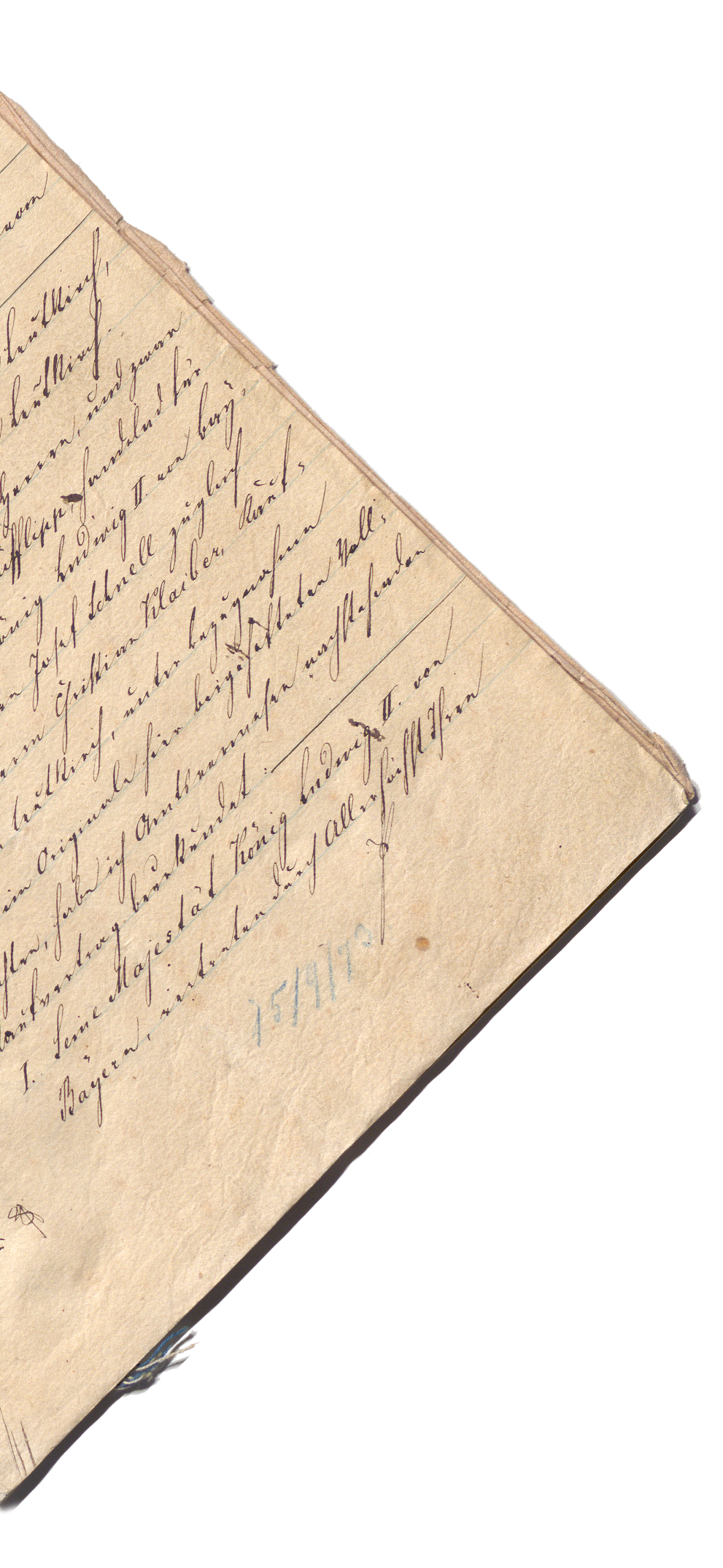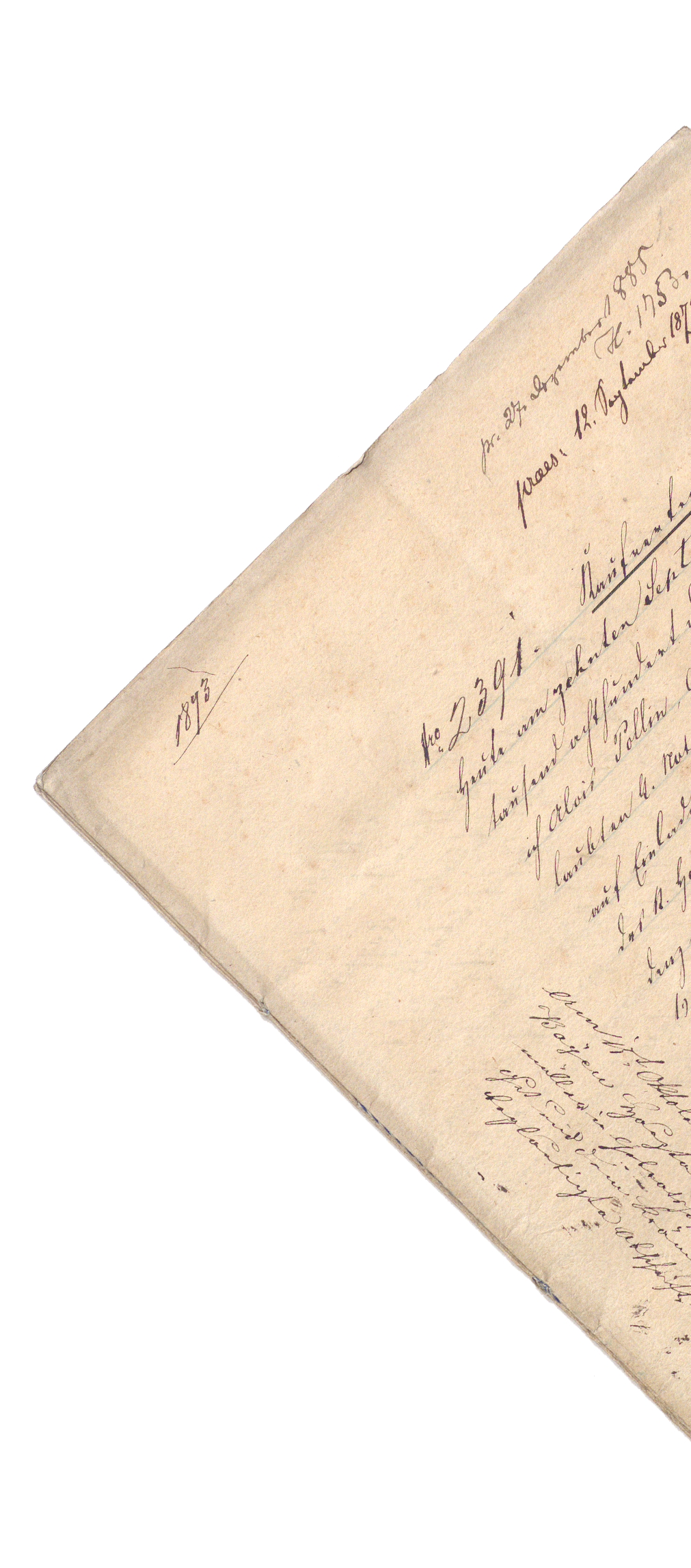
1504 - Will of Queen Isabella the Catholic
A notary’s job is to ensure that certain facts are never forgotten, that words and deeds maintain their effects. It’s a profession bestowed with the authority of the State; a public function in silent combat with the voracity of time.
We know that Isabel la Católica wanted three children; one to become heir to the Spanish throne, another archbishop of Toledo and the third, notary of Medina del Campo. This is what the Queen of Castille expressed on her deathbed in the presence of a notary, then named a scribe, who drew up her royal last will.
Spain. Ministry of Culture and Sports. Simancas General Archives. PTR,LEG, 30, DOC.2
1583 - Notarial act regarding privateer Francis Drake's attack on the island of La Palma
The fate of a country and its people is also written on the battlefield. Countless notarial acts provide an enduring testimony of men’s fierce struggle to defend their lands and their ideals.
A notarial act of indisputable historical value was drafted by public scribe, Francisco Suárez, on behalf of the judge of the Indies, Pedro de Liaño. It bears witness to Liaño’s glorious feats in the defence of the island of La Palma in 1587. The island was attacked by privateer Francis Drake, with a fleet of 23 boats and 2,000 men. Drake was the most famous pirate of his time, revered and honoured by England’s Queen Elizabeth I.
Historical Archive of Protocols of Madrid. Madrid’s community. Volume 1175, folios 1210 r-1216 v.
1605 - Power of attorney granted by Miguel de Cervantes in order to file legal proceedings against those who printed or attempted to print "El Quijote”
How simple and secure the world appears in the pages of a notarial document! Who would believe that behind those simple lines, signatures and stamps lies the very framework, the inner workings of history? And yet, of course, it is true.
There can be no better chronicle of this history than notarial archives, which record each and every moment, such as the power of attorney granted by Miguel de Cervantes in order to file legal proceedings against those who printed or attempted to print his novel “El Quijote” in Castile or Portugal.
Historical Archive of Protocols of Madrid. Madrid’s community. Volume 1665, folios 559 r.- 559 v.


